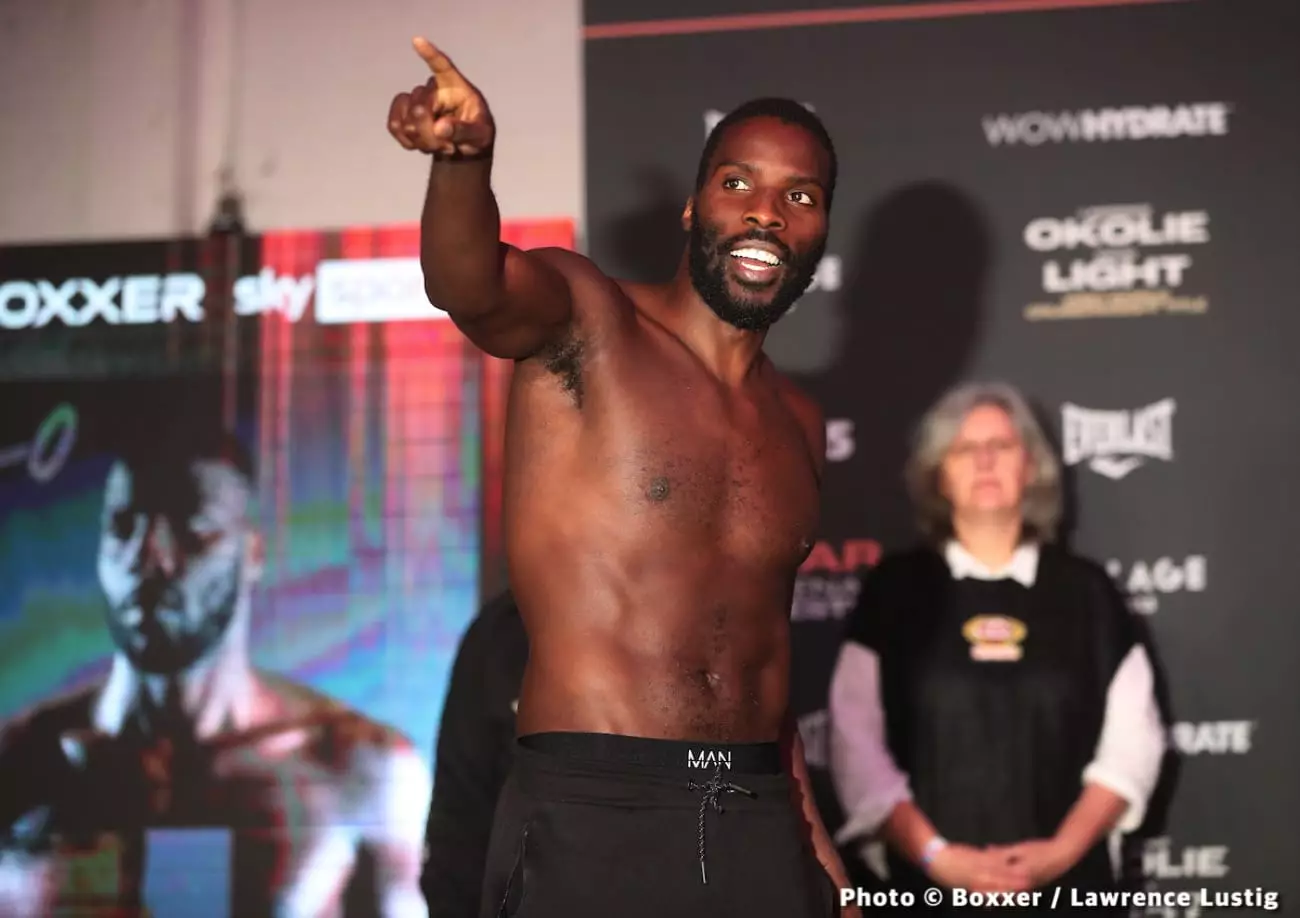In a surprising twist that has sent shockwaves through the boxing community, Lawrence Okolie has been crowned the number one contender in the World Boxing Council (WBC) heavyweight rankings. This decision has elicited both confusion and anger from fans who grapple with the criteria employed by governing bodies for these rankings. With a single heavyweight fight under his belt—a December knockout victory over Hussein Muhamed—many are scratching their heads. How does a fighter with such limited heavyweight experience leapfrog a talented pool of contenders?
Okolie, previously a WBO cruiserweight champion and a short-lived WBC bridgerweight champion, now finds himself on top of a heavyweight ranking that includes established names like Anthony Joshua and Fabio Wardley. It’s baffling how a fighter with just one heavyweight outing, especially one against an unknown opponent, can be awarded such high regard. This ranking prompts serious questions about the integrity and consistency of boxing’s governing bodies, suggesting that influence and politics may have played roles in this peculiar elevation.
Critics Weigh In
The WBC has frequently found itself in hot water for its ranking decisions, but this latest development takes the cake. The backlash from fans—casual and hardcore alike—highlights a deepening rift in how rankings are perceived and understood. Critics point to the undeniable talent within the heavyweight division, where fighters like Efe Ajagba and Bakhodir Jalolov have shown remarkable promise, yet sit beneath a fighter with far less experience at the weight. It seems that the WBC’s decisions might alienate devoted fans who value a meritocratic approach to rankings.
Amid this scrutiny, one has to wonder what the WBC was thinking; perhaps the organization believes Okolie’s previous accolades warrant a fast track, or maybe they anticipate bigger financial returns from promotional potential should he claim a title. With boxing often revolving around financial incentives, this raises ethical questions about the game’s direction. Are rankings simply being treated as stepping stones to more substantial paydays rather than a reflection of merit and skill?
The Upcoming Showdown
As Okolie prepares for his upcoming bout against fellow Londoner Richard Riakporhe, scheduled for April 5, he faces a precarious moment in his career. Victory could possibly amplify calls for a title shot, but the question remains: will his singular path to a championship fight be justified? An outcome that places him in the title conversation without significant victories raises the specter of boxing’s troubling trend of prioritizing popularity over prowess.
At this point, the boxing community awaits the outcome of this high-stakes grudge match which may either validate the WBC’s audacious rankings or lay bare the flaws in their judgment. Additionally, with the WBC’s recent rankings being nothing short of contentious, it sparks a wider conversation about how the integrity of the sport can be maintained in the face of such bewildering decisions.
What this all means for the future of heavyweight boxing and the credibility of its governing bodies remains to be seen, but one thing is clear: Okolie’s rise to the top of the WBC ranking has opened a Pandora’s box that may lead to more questions than answers.


Leave a Reply